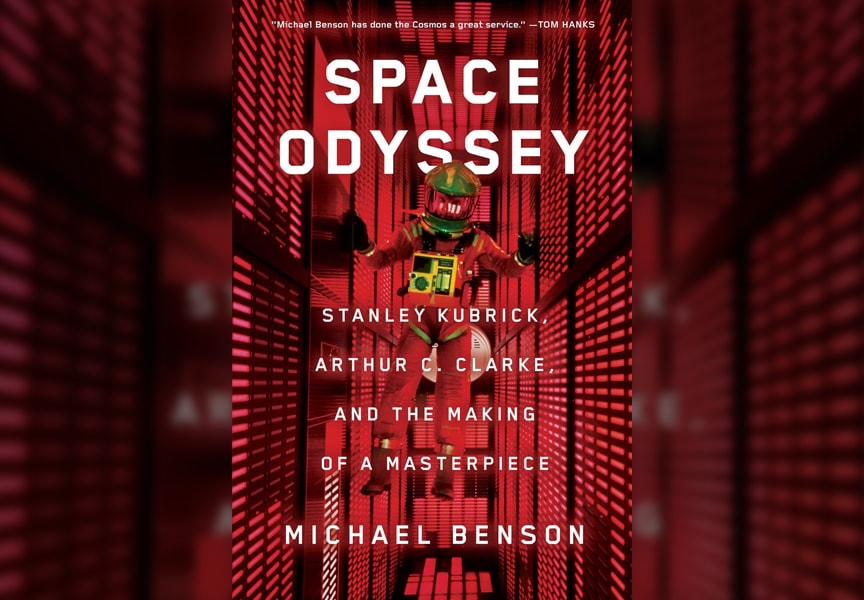

Like many classics, 2001 isn't always a good movie. In between, we follow two astronauts, played by Keir Dullea and Gary Lockwood, whose journey to Jupiter runs afoul of their ship's supposedly infallible computer, known as HAL, the prototype of countless movie computers to follow. They concocted nothing less than a poetic myth of human evolution, a vaulting ambition announced by the music from Richard Strauss' "Thus Spoke Zarathustra," which everyone knows largely because of this movie.Ĭlarke and Kubrick carry us from the origins of human beings in those desert apes to the climactic birth of an advanced new life form: a star baby, engendered by extraterrestrials. Rather, in an attempt to make what Kubrick called " the proverbial 'really good' science-fiction movie" - not something hokey - he and co-writer Arthur Clarke thought big. Watching 2001 again, I was startled anew that, in nearly 2½ hours, there's so little dialogue or dramatic storytelling - the characters barely register. Your purchase helps support NPR programming. Clarke, and the Making of a Masterpiece Author Michael Benson My favorite is when the control-freak director asks Lloyd's of London if they could insure him in case NASA spoiled 2001's plot by discovering extraterrestrial life before the movie came out.Ĭlose overlay Buy Featured Book Title Space Odyssey Subtitle Stanley Kubrick, Arthur C. Though Benson is afflicted with what a friend calls the "Stanley syndrome" - he never stops telling you that Kubrick is a "genius" and "a perfectionist" - his book is filled with nifty stories. I saw it again a few days ago, inspired by Michael Benson's terrific new book, Space Odyssey: Stanley Kubrick, Arthur C.

An avant-garde art film dressed in Hollywood money, it unknowingly foreshadowed the future of movies as effects-driven blockbusters. 1 box office movie of 1968 - young people flocked to it to have their minds blown - but in international polls, 2001 routinely ranks as one of the top 10 films of all time. You see, even if you don't like the movie - and I don't, particularly - the one thing that's undeniable is that it's a cinematic landmark. The critics were harsh, with Variety dismissively saying flatly, " 2001 is not a cinematic landmark." It's hard to imagine being more wrong. Nobody was quite sure what to make of it. And that was pretty much the reaction that greeted the film itself when it premiered 50 years ago this week. Near the beginning of Stanley Kubrick's 2001: A Space Odyssey, a big black monolith appears in an African desert, leaving a group of prehistoric ape-men standing there baffled. Keir Dullea played astronaut David Bowman in Stanley Kubrick's 1968 film, 2001: A Space Odyssey.


 0 kommentar(er)
0 kommentar(er)
